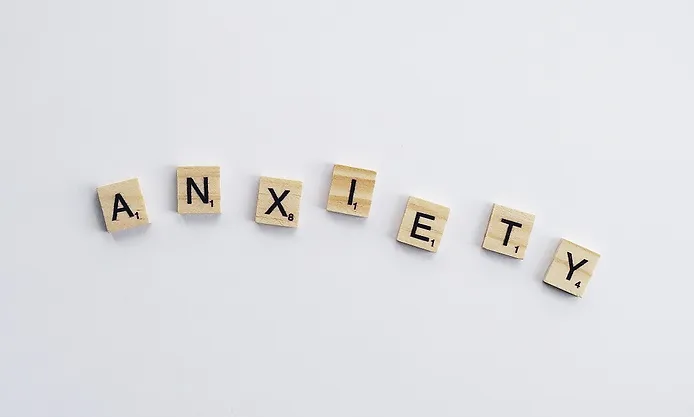Life is full of changes—some planned, some unexpected. Whether it’s a new job, a move, a relationship shift, or even a positive milestone, change can trigger anxiety. For individuals who already live with anxiety, even minor disruptions to routine can feel overwhelming. Fortunately, with the right strategies, it’s possible to manage change-induced anxiety and maintain emotional balance during transitional periods.
Why Change Triggers Anxiety
Humans are naturally drawn to routine and predictability. For people with anxiety, this preference becomes a strong emotional need. Predictable routines offer a sense of control, and when those routines are disrupted, it can lead to heightened stress, intrusive thoughts, or even panic attacks.
Even positive change—like a promotion or starting a family—can increase anxiety because it introduces unknowns. Not knowing how a situation will play out or how you’ll respond can feel destabilizing. Fortunately, there are effective coping strategies that can help ease anxiety during periods of transition.
5 Ways to Cope With Change and Reduce Anxiety
1. Accept What You Can’t Control
A key aspect of managing anxiety is learning to let go of what’s outside your control. While you can’t always control external events, you can choose how you respond. Try repeating affirmations like, “I don’t have to control everything,” or “I can adapt as needed.” Reminding yourself of this truth—regularly—can ease the grip of anxiety when life becomes unpredictable.
Tip: Write down what’s in your control and what’s not. This exercise can offer perspective and help you focus on what you can influence.
2. Reflect on Your Resilience
Change is nothing new—you’ve already overcome many transitions in life. Whether it was switching schools, navigating a breakup, or starting a new job, you’ve adapted before and can do it again.
Take time to journal or mentally revisit previous life changes. What helped you cope? What did you learn? These reflections reinforce your ability to handle whatever comes next.
3. Maintain Familiar Routines
When everything feels like it’s shifting, preserve consistency wherever you can. Keeping some daily rituals intact—like a morning walk, nightly skincare routine, or dedicated time for reading—provides stability and comfort.
Maintaining even a small part of your routine can bring a sense of control that helps reduce anxiety symptoms.
4. Practice Compassionate Self-Care
Self-care is essential during times of change. Ensure you’re meeting your basic needs—adequate sleep, nutritious meals, hygiene, and time to recharge. Incorporate soothing rituals like sipping tea, watching a comforting show, or spending time in your favorite cozy space.
You can even create a “comfort plan” in advance. For example, if you know Tuesdays at work are particularly stressful due to recent organizational changes, you might schedule relaxing downtime that evening—complete with a weighted blanket and your favorite playlist or show.
5. Use Mindfulness to Stay Present
Change can make your mind race toward the “what ifs.” Grounding techniques help bring you back to the present moment where things are often less overwhelming.
One simple method is the 5-4-3-2-1 grounding technique:
-
Name 5 things you can see
-
Name 4 things you can touch
-
Name 3 things you can hear
-
Name 2 things you can smell
-
Name 1 thing you can taste
Even just a few minutes of mindfulness or deep breathing each day can help calm your nervous system and regulate anxious thoughts.
Navigating Change With Confidence
Change may be unavoidable, but anxiety doesn’t have to control how you experience it. By staying grounded, maintaining supportive routines, and practicing self-compassion, you can build emotional resilience in the face of life transitions.
Journaling, therapy, and support groups can also be helpful tools for navigating change-related anxiety. Tracking what helps—and what doesn’t—can empower you to make mindful decisions that support your mental health.
You’ve navigated change before—and you’ll do it again.
Need help coping with anxiety?
At 3CS Counseling Center, we offer individual therapy for anxiety, stress management, and life transitions. Reach out today to learn how we can support you through life’s changes.


